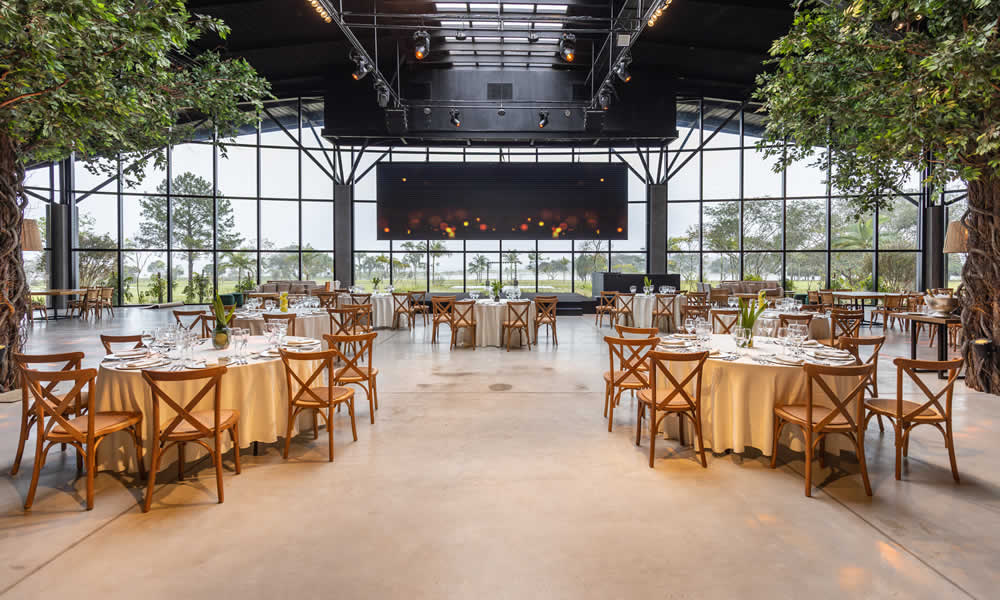Is There A Future For Online Events?

Are you going to discard your Zoom friendly top?
Are you looking forward to getting out of your Zoom friendly top and pyjama bottoms? Is there a future in webinar meetings or once you've heard the starting gun for in-person events, are you out there like a shot? I'm going to stick my neck out and say that webinar meetings are here to stay. There are some disadvantages but I think that the advantages outweigh them and here are my arguements. See if you agree with me.
The Audience
I'll start with the pros. We've got used to online, in fact Nature reports that 80% of 486 respondents would like online to continue. Most tech fearing people have managed some sort of connection via the internet, including my aunt who's a Zoom ninja now. Some webinar software has worked better than others, including our internet connection. How many times have you said 'You've frozen, can you say that again?'. And networking in other areas of the country or world has been possible. I met someone today who'd networked in Canada, even though he's based in the UK and he picked up a client in New York, not really possible when you're meeting face to face in Basingstoke. And this networker has shown how adaptable online networking has allowed us to become, enabling people who would normally be excluded because of caring responsiblities, disabilities, lack of time or funds to join in the fun.
The Environment
Where do I start with this one? During lockdown we all noticed a reduction in traffic noise, pollution, apparently birds went back to the songs that they sung in the '60s (they'd had to adapt to our noise in the intervening period), on the whole, the environment around us improved. A study has shown a huge reduction on carbon emissions during 2020 due to the decline of air and vehicle travel, venue and hotel energy. Scientific American cites conference organisers who went online for 2 events, resulting in the carbon footprint being 1% of 2 in-person events - quite a saving.
The Organiser
Savings can be made in other areas as well: the event organiser will spend much less time setting up an online event than an in-person event. If more people sign up than anticipated, there isn't the need to limit attendance and disappoint people or the scramble to move to a larger room, just allow more people to watch or expand onto a provider like YouTube. If there's more people signing up, the staffing and associated costs don't increase. Reduced costs extend to speakers as well, the speaker can broadcast from their base with no need for travel and accommodation expenses and giving you a much wider pool of from anywhere around the world. All of these things lead to a potential for a higher ROI.
Technical
It took a while to get used to it, but I'm able to network in the exhibition software. But there are other areas of exhibition apps that are well worth it, things like polls for instant feedback, lead data which is available to the event organiser and the exhibitors, with the correct permissions in place of course. The ability to record the event and then make it available to view is invaluable. The recordings can be used in a myriad of ways like marketing the next event, allowing delegates to reinforce the events they watched or perhaps permit the attendees that didn't get to your event to watch it post event. The technology allows a democratic approach to networking in that every team member can participate, likewise, the most introverted team member.
Cons
The Audience
Your audience member may be introverted and the technology may suit some but not all so their networking opportunities are limited. Some external factors can also affect your audience and we've all seen people answering texts and emails on their phone or distracted by something else happening on their screen. There are ways of keeping your audience engaged like using polls but it's something to be aware of. You'll also find that after hours networking doesn't happen, unless you set up defined networking spaces after the event. You will have to have some compelling reason for them to join in with the networking rather than all the other things that need to be done after work hours.
The Environment
The internet and it's increased use during the worldwide pandemic has put a strain on internet providers, the infrastructure and electricity generation. Internet use has increased by up to 60% according to the OECD https://www.oecd.org/coronavirus/policy-responses/keeping-the-internet-up-and-running-in-times-of-crisis-4017c4c9/ , with around 1.3 billion OECD citizens working and being educated at home. Imagine. We're at home, logging onto the internet, using more electricity to power our devices, we rely on the aluminium or copper wires to bring the traffic to our homes, we hope that the IXPS (Internet Exchange Point) will withstand the traffic so that we can be part of the 120% increase in videoconferencing traffic to keep working. (Cloud and online gaming, incidentally, rose by 30%). I would recommend reading the OECD report if you have time, it's so interesting.
Internet use and its effect on the environment isn't viewed in the same way as, say, car use or plane travel but it does still have an effect on carbon use. One hour of videoconferencing or streaming emits 150-1,000 grams of carbon dioxide (https://www.sciencedaily.com/releases/2021/01/210114134033.htm) but turning off your video camera can reduce this by up to 95%. It's not only an increase in emissions that's been seen worldwide but also an increase in water and land use; something to think about when we next log onto a webinar.
The Organiser
You may think that online has so much flexibility that there are no downsides to an internet event but the organiser doesn't have complete control. The audience may sign up enthusiastically but unless there's some sort of commitment like payment or a specific reason for listening to your speaker, there's no compeling reason for your delegates to actually turn up. The figure of 40% as an average attendance for an online event is something to think about (although one customer of ours consistently achieves 60% using our registration web app for their online events). Although you may have a much wider choice of speakers, the downside for them is the inability to guauge the audience's reactions and engagement. The temptation to check emails, texts, surf the internet or work can be too great for some people and the speaker is powerless to change tempo, ask questions or use any other tactics to interact with the audience and regain connection. And it's been found that audiences tend to drop out after 45 minutes, perhaps something to keep in mind when scheduling your event.
Technical
Online has the potential for all sorts of embarrasing situations because of the delays experienced by everyone. Talking over others, the host not noticing that someone wants to ask a question and leaves them hanging on and then there's the embarrassing silence. Tumbleweed blows metaphorically across your screen when you think that someone is about to speak and either doesn't, is muted or the cues were misread. Oh, the embarrassment.
Some of this is solved by ensuring that your webinar provider or conference software is up to the task of delivering your event but sometimes it's just luck that the whole thing happens without a hitch. It's best to be prepared and have perhaps a couple of people who can act as your supporters and can fill in with, for example, extra event details to cover the silence, before everything is up and running again.
And to summarise ...
Online has saved us over the past year. How could we have continued working without virtual events and meetings? Will they continue, I think they will. The convenience alone will maintain their popularity, meaning that we'll still continue to network and attend events around the world or closer to home without the time and resources needed to travel. However, we will go to in-person events again, the future will be a mix of the two.
References:
- https://www.sciencedaily.com/releases/2021/01/210114134033.htm
- https://www.ncbi.nlm.nih.gov/pmc/articles/PMC7280123/
- https://eventify.io/what-are-the-biggest-advantages-of-virtual-events/
- https://www.uksv.co.uk/virtual-events-everything-you-need-to-know/
- https://www.proglobalevents.com/blog/virtual-events-pros-cons/
- https://www.scientificamerican.com/article/the-surprising-advantages-of-virtual-conferences/







Leave a comment